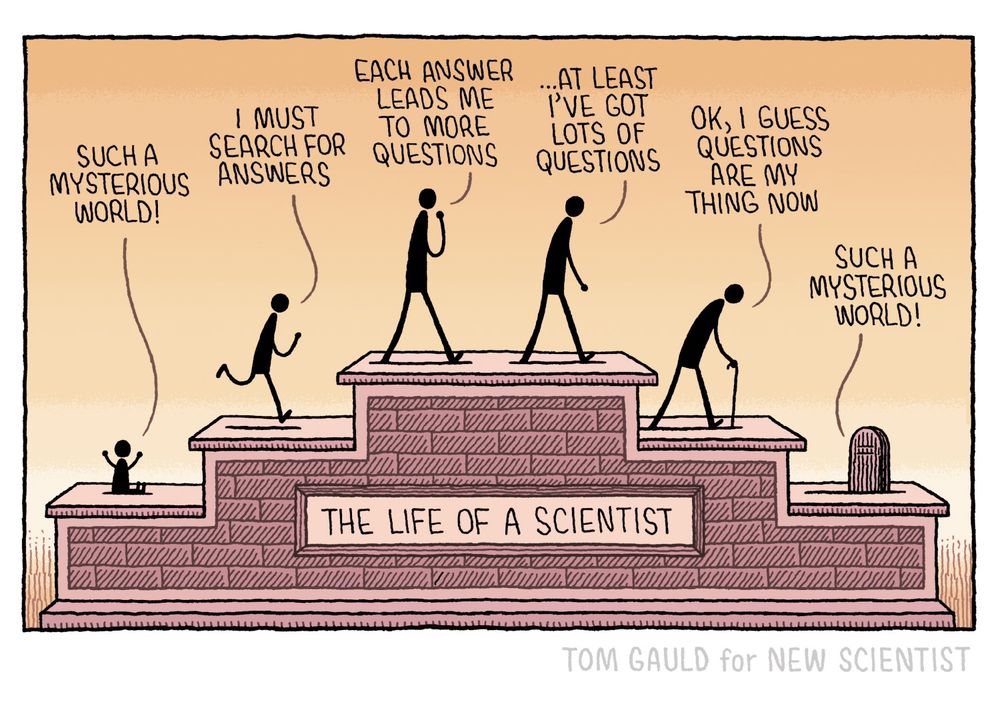
UOC | Mum of two 🏔️📸
But the MESACLIP runs also do much more than that.

But the MESACLIP runs also do much more than that.
Big thanks to all the great team from Schneider Children’s Medical Center.
academic.oup.com/narcancer/ar...

Big thanks to all the great team from Schneider Children’s Medical Center.
academic.oup.com/narcancer/ar...

📣Thrilled to share our latest study just out in Cancer Discovery!
➡️
aacrjournals.org/cancerdiscov...
📣Thrilled to share our latest study just out in Cancer Discovery!
➡️
aacrjournals.org/cancerdiscov...
📖 Read our paper here: doi.org/10.1126/sci...
🎬 Watch a summary: youtu.be/MttCA3GGWEM
🧵 Or keep reading for the key points! 🔑 1/19
📖 Read our paper here: doi.org/10.1126/sci...
🎬 Watch a summary: youtu.be/MttCA3GGWEM
🧵 Or keep reading for the key points! 🔑 1/19

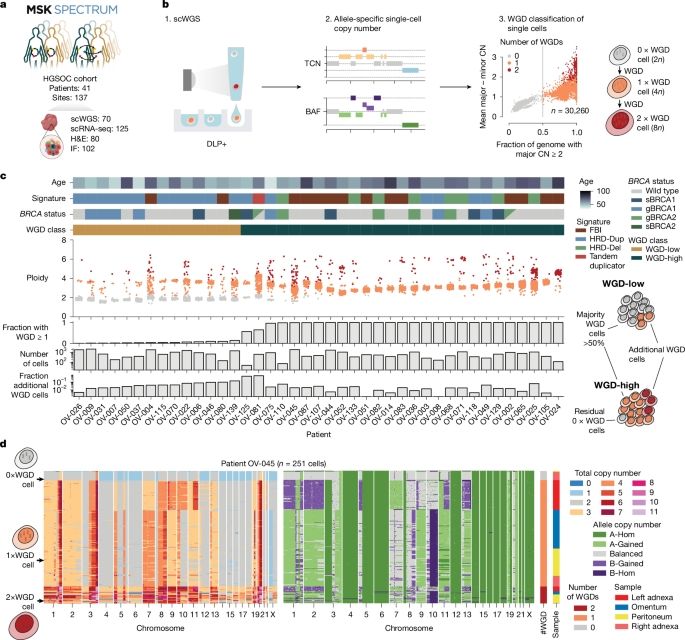
Learn more on #WorldHealthDay: scim.ag/3R59fPe
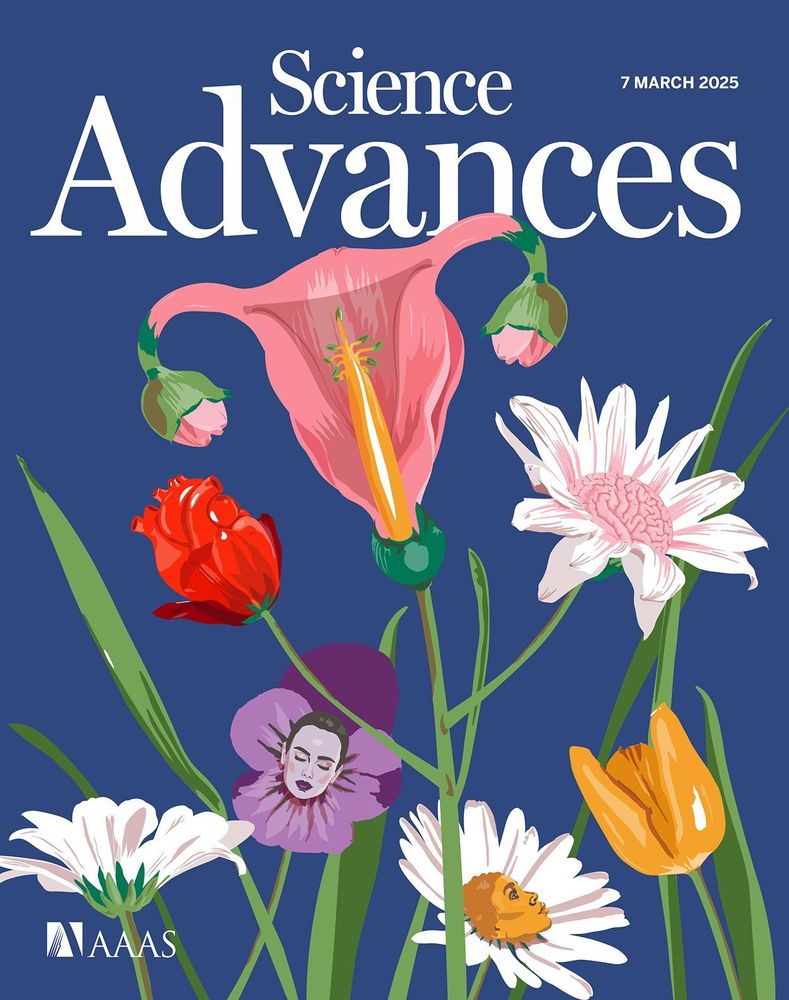
Learn more on #WorldHealthDay: scim.ag/3R59fPe

Argues we need to change the paradigm of cancer origin from a somatic mutation theory to one grounded in gene regulatory networks & tissue organisation: a system level rather purely genetic mechanism
journals.plos.org/plosbiology/...
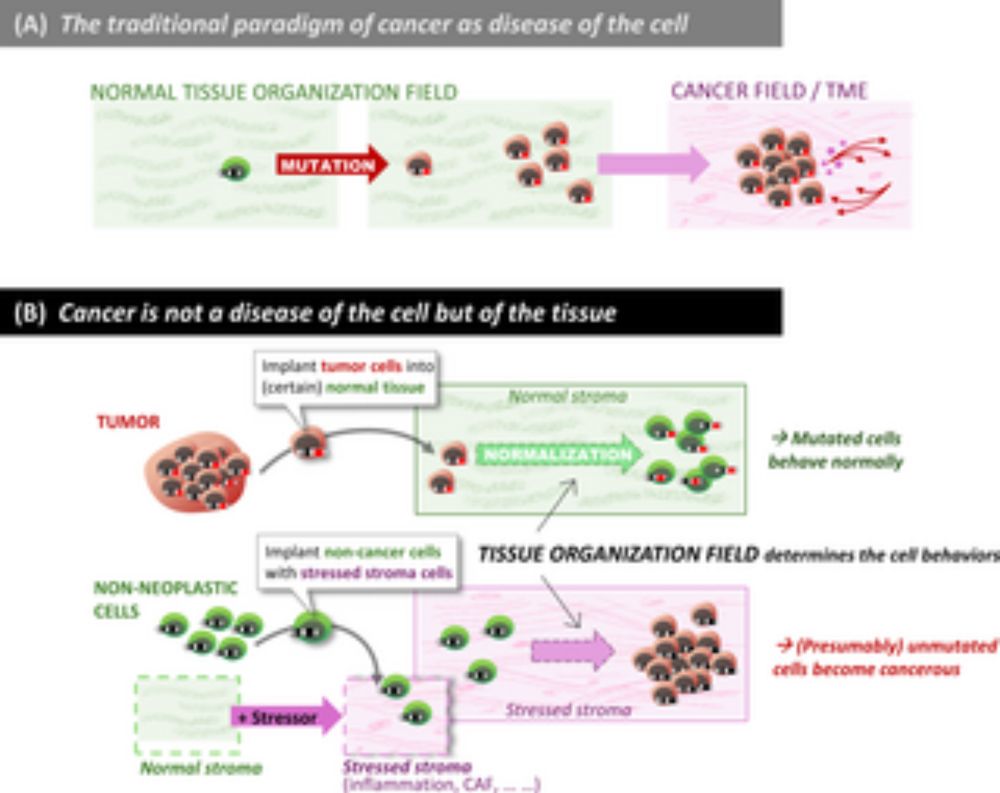
Argues we need to change the paradigm of cancer origin from a somatic mutation theory to one grounded in gene regulatory networks & tissue organisation: a system level rather purely genetic mechanism
journals.plos.org/plosbiology/...
income and education, play a particularly large role in driving cancer inequalities.
New report illustrates the scale of the problem" 👇
@cruk-mi.bsky.social @mcrcnews.bsky.social @holmepaul.bsky.social

income and education, play a particularly large role in driving cancer inequalities.
New report illustrates the scale of the problem" 👇
@cruk-mi.bsky.social @mcrcnews.bsky.social @holmepaul.bsky.social
gut.bmj.com/content/earl...
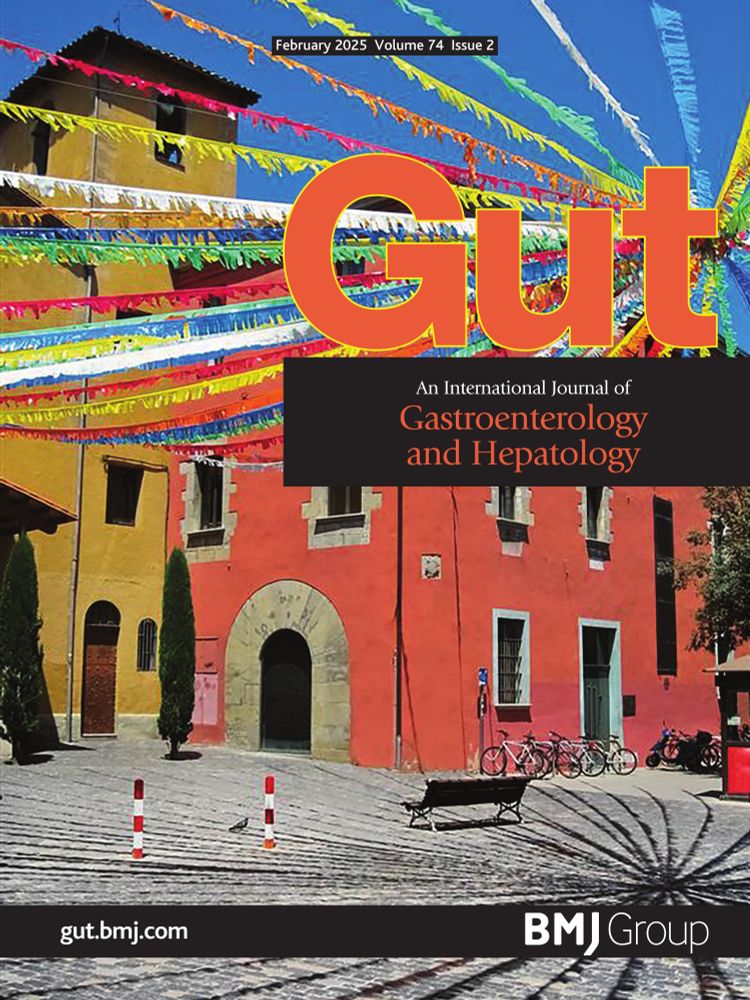
gut.bmj.com/content/earl...
The initial reaction from patients&families has been overwhelming
Led by Ibrahim AlBakir @yosoykit.bsky.social @cancerresearchuk.org @icrlondon.bsky.social
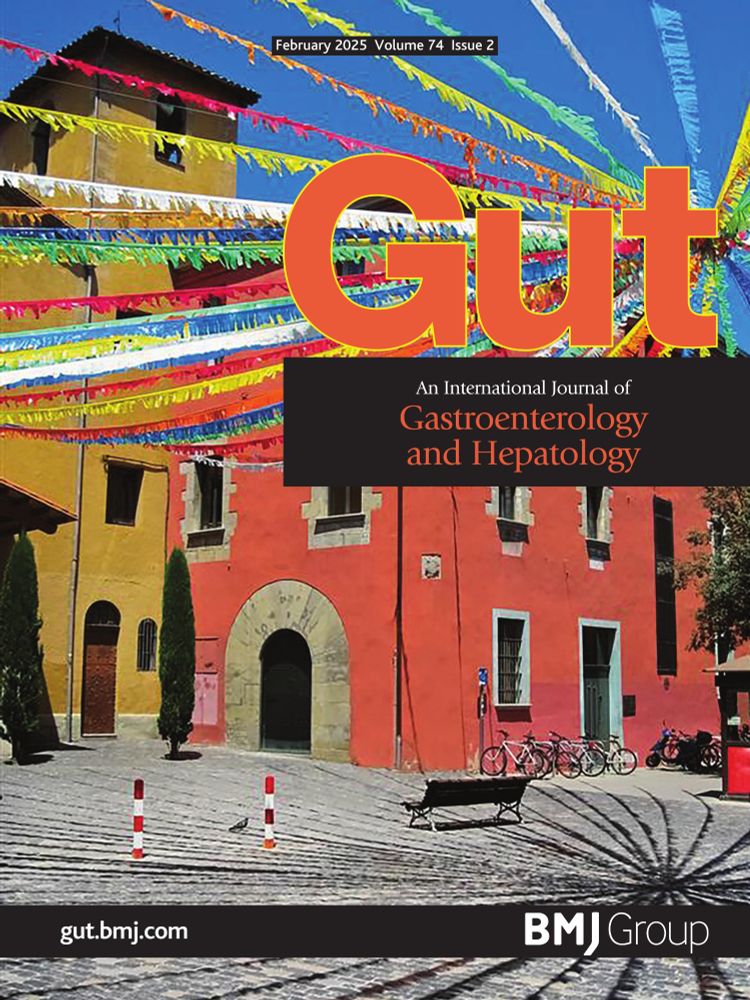
The initial reaction from patients&families has been overwhelming
Led by Ibrahim AlBakir @yosoykit.bsky.social @cancerresearchuk.org @icrlondon.bsky.social
New research solves the mystery of what drives the genomic rearrangements causing the aggressive development and evolution of osteosarcoma tumours.
www.ebi.ac.uk/about/news/r...
🧪

New research solves the mystery of what drives the genomic rearrangements causing the aggressive development and evolution of osteosarcoma tumours.
www.ebi.ac.uk/about/news/r...
🧪
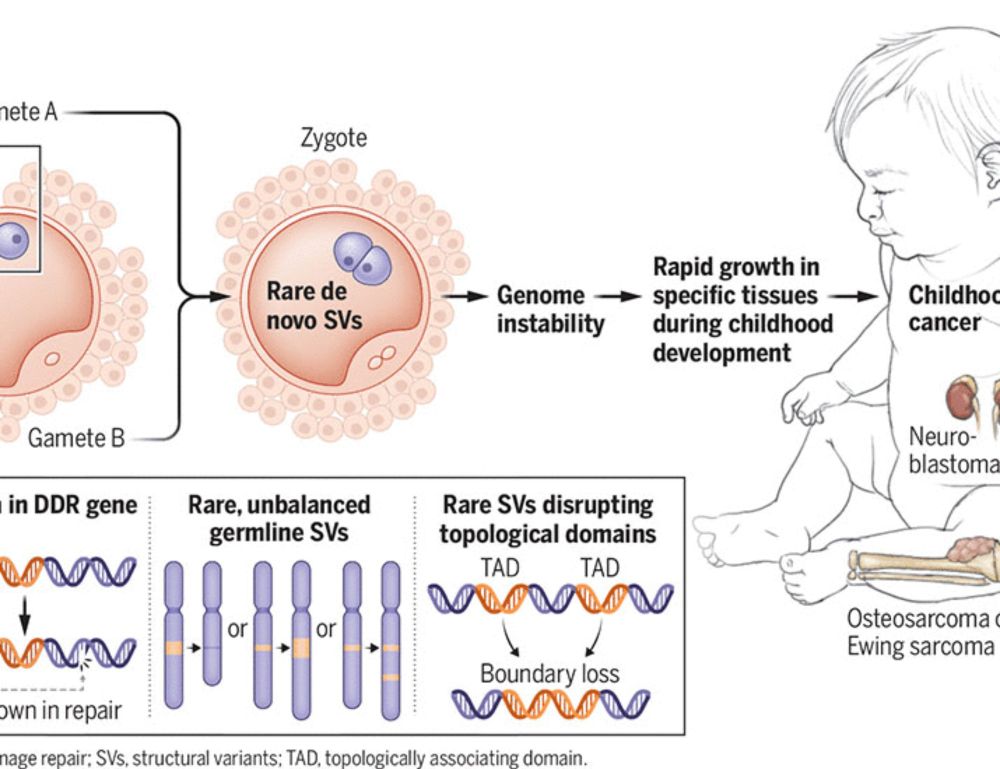
1. "Community standards" typically devolve rapidly into stock critiques.
2. I don't think it's a "dialog" when one participant has a gun to the other's head.
3. The cost of wasted time due to silly revision experiments is very high and not a good use of research $$.
It shapes scientific standards, maintains field coherence & trains new researchers
Yes, it needs improvement—but it's the glue that holds scientific progress together
briscoelab.org/2024/12/11/i...
EACR member Mounia Benbelkacem writes about the value of maintaining curiosity in your cancer research journey:
magazine.eacr.org/keeping-rese...

EACR member Mounia Benbelkacem writes about the value of maintaining curiosity in your cancer research journey:
magazine.eacr.org/keeping-rese...
Cool work 👇🏼
www.biorxiv.org/content/10.1...

Cool work 👇🏼
www.sciencedirect.com/science/arti...

www.sciencedirect.com/science/arti...
www.nature.com/articles/s41...

www.nature.com/articles/s41...
The conclusions are that Oxford Nanopore works well for 5mC in most mammalian tissues where it is expected to be the majority modification in CpG context, but

The conclusions are that Oxford Nanopore works well for 5mC in most mammalian tissues where it is expected to be the majority modification in CpG context, but
Itay Tirosh & Mario L. Suva
www.sciencedirect.com/science/arti...

Itay Tirosh & Mario L. Suva
www.sciencedirect.com/science/arti...


